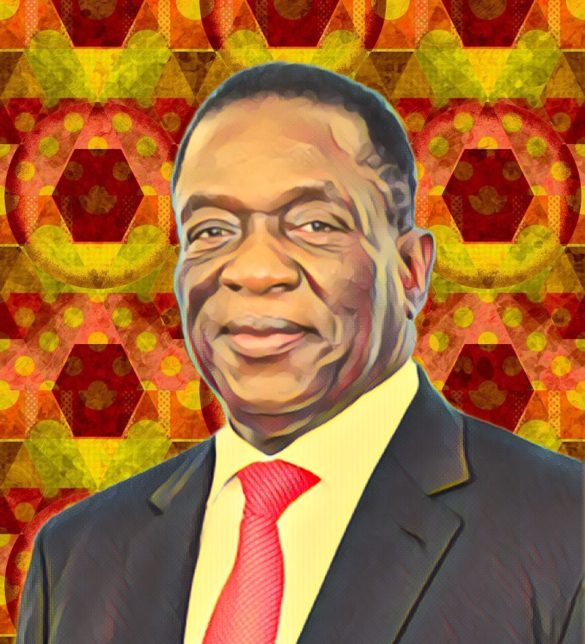The commission established by President Emmerson Mnangagwa to investigate the city’s governance since 2017 has been equipped with high-end Ford Ranger Raptor vehicles. This decision comes over growing concerns from local residents and taxpayer groups about the potential financial burden of the commission’s operations on public funds.
The commission, led by Justice Maphios Cheda, was appointed in May and includes notable figures such as former opposition politician Lucia Matibenga, who served as Public Service Minister during the 2009-2013 government of national unity. Other members include Local Government and Public Works Secretary John Basera, Chief Director Khonzani Ncube responsible for local authorities, Local Government Board Chairperson Steven Chakaipa, and legal practitioner Norbert Phiri.
Sources close to the commission have disclosed that these vehicles are meant to support the commissioners in their six-month investigation into the management and council activities of the City of Harare. The provision of these vehicles is reportedly seen as a measure to motivate the commissioners amid concerns they could face attempts at bribery by wealthy land barons involved in city affairs.
The allocation of such expensive vehicles has raised eyebrows, particularly among civic leaders who are pressing the government for greater transparency in the commission’s expenditures. Reuben Akili, chairperson of the Combined Harare Residents Association, urged the government to make public all expenses related to the commission from its inception to its conclusion. Akili advocates for the publication of these details in newspapers to ensure transparency and accountability regarding the use of taxpayer money.
Akili also expressed doubt about the potential impact of the commission’s findings, noting that issues regarding city governance had already been highlighted by the Auditor-General and Parliament. He suggested that the focus should instead be on implementing existing recommendations from these bodies rather than duplicating efforts with new inquiries.
Precious Shumba, director of the Harare Residents Trust, echoed these views when she disapproved of the commissioners’ choice to get opulent cars. He contended that these activities amount to an abuse of public monies, particularly considering the fact that numerous commissioners are already highly rewarded and have substantial personal wealth. Shumba underlined that, whether at the federal or local authority level, the establishment of such commissions frequently results in a financial burden on individuals and taxpayers.
Spokesman for the president George Charamba responded to criticism by defending the provision of cars and raising the question of whether the commissioners were supposed to use less effective forms of mobility like walking or public transportation. He emphasized that it is typical for commissions to have certain perks, which in this instance are the cars.
The current state of affairs has brought attention to the need to strike a balance between providing the commission with the tools it needs to carry out its mandate and guaranteeing the responsible use of public funds. The argument over how to manage public funds most effectively while resolving Harare’s governance concerns continues between residents and government officials.


